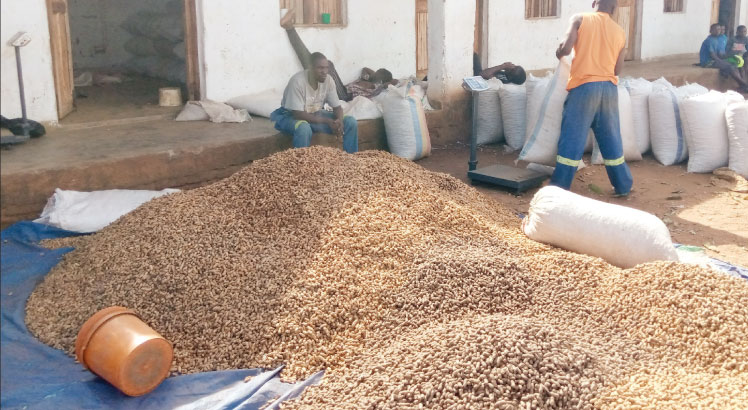Plastic manufacturers to lay off 5 000 July end
Plastic manufacturers in Blantyre have said about 5 000 people could lose their jobs following government’s enforcement of the production, importation, distribution and use of thin plastics in the country.
Minister of Natural Resources, Energy and Mining Bright Msaka is on record to have said government gave companies enough time to prepare and would proceed to enforce the ban by June 30 2015, which was done.
Initially, the ban was scheduled for August 18 2014, but was delayed to allow manufacturers, distributors and retail shops to clear existing stocks of old plastics and also change production technology in line with prescribed thickness of 60 micron metres.
A group of plastics manufacturers briefed journalists of their discontentment with what they termed “hypocritical and unprepared for ban” which they said will disenfranchise many, particularly the poor.
Representatives of Aero Plastic Industries, Fleoxopack Limited, Easypack, Ancor Industries, OG Plastic Limited, Shore Rubber, Ocean Industries and Golden Plastic said if government does not reconsider its stand, the manufacturers will have no choice but to retrench its employees by the end of July.
A representative of OG Plastic Limited, Wahab Jagot, said government implemented the measure without considering the impact on manufactures, vendors and hygiene for those in the food industry.
“Why has government also not considered what other countries in the region follow? Malawi is the only country insisting on a 60 micron metres plastic against what others recommend.
“South Africa has not banned thin plastics, but it promoted more recycled plastics in their production. In Zambia, Mozambique and Tanzania, there is no legislation on plastics usage. Most countries recommend between 25 to 27 micron meters,” he said.
Jagot said the thickness that government is propagating is “too ambitious and unrealistic”.
“Are investors supposed to simply discard their machines and waste huge amounts of money because they will not manufacture the required plastics? What will happen to the vendors and their families who were earning their livelihood through the plastics?” queried Jagot.
He said government has not considered the K10 billion ($20 million) it earns per year from plastic manufacturers, imploring it to re-engage them on reducing the microns.
On hypocrisy, the manufactures wondered why the ban has not been implemented across the board, arguing that government has left out those manufacturing plastics for packaging milk, bread and other perishables since the purported damage to the environment is the same.
“The move is killing local industries and we cannot rely on foreign investment forever. Last time government introduced the ban, we were asked to place recycling plants to minimise damage to the environment and most of us did that,” said Jagot.
Environmentalists recommend paper and sisal bags as alternatives to plastics because they can be reused and are biodegradable.







Kagwereni uko amweney, you don’t even pay our fellow Malawiams that well. I commend the government for this measure. Kudos